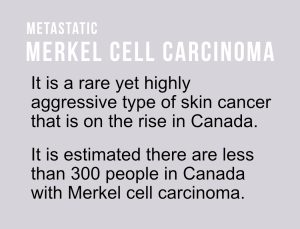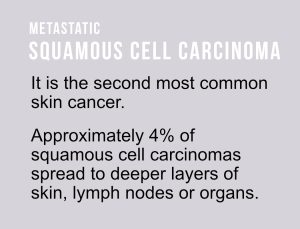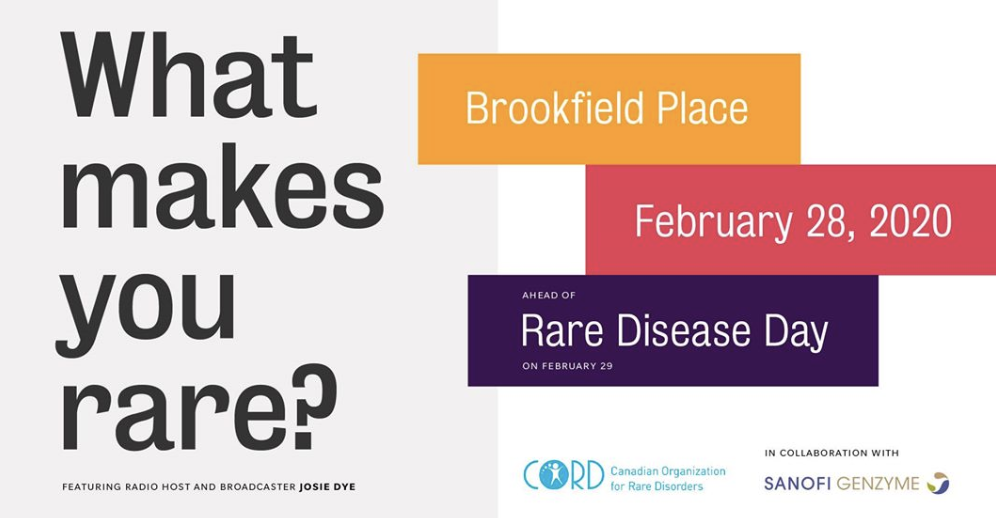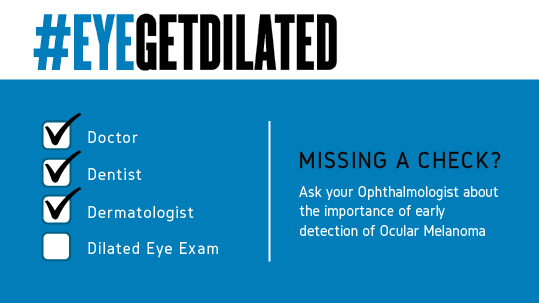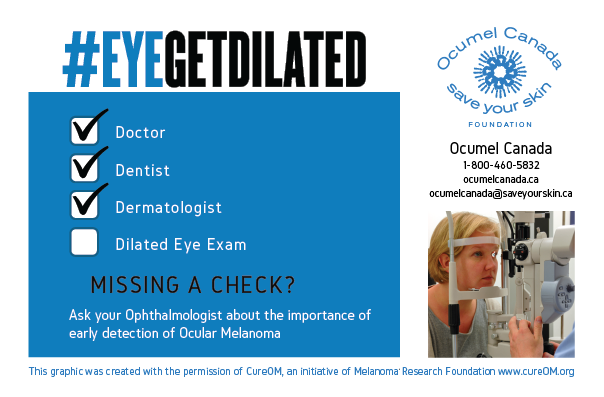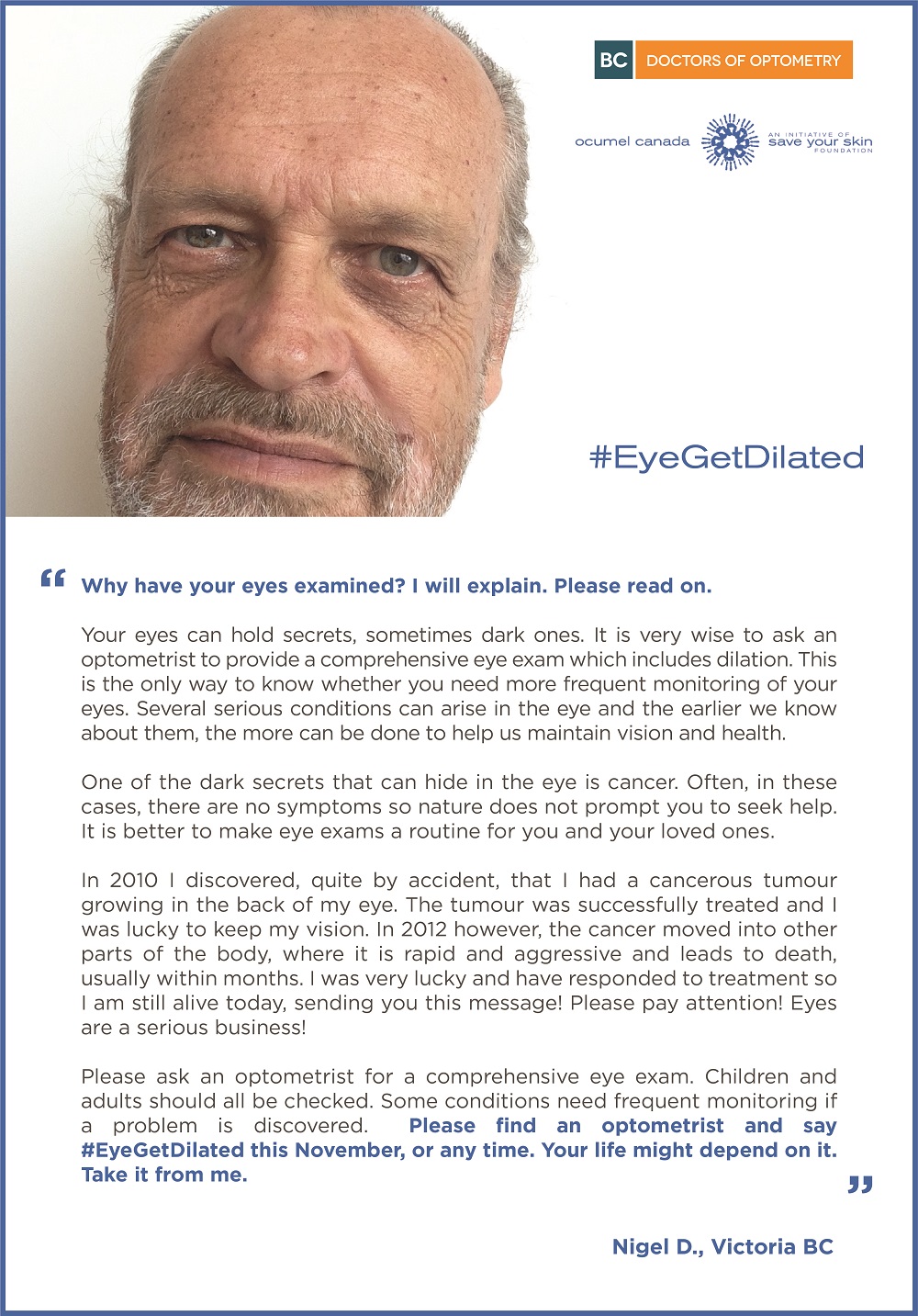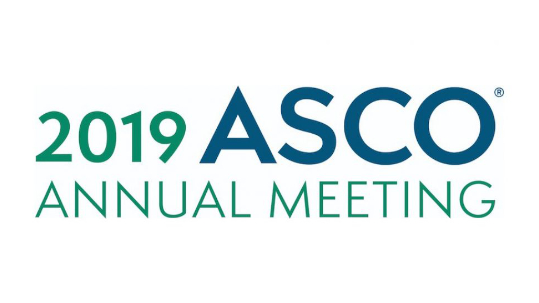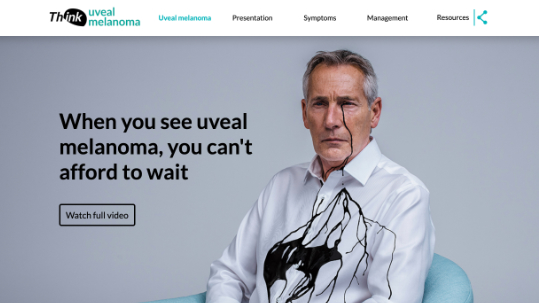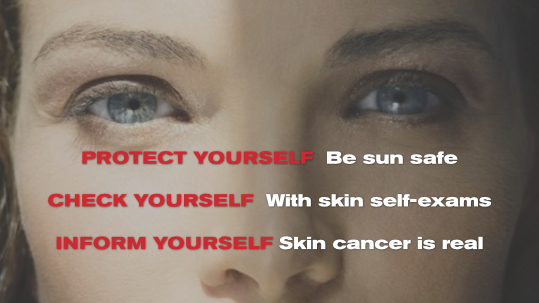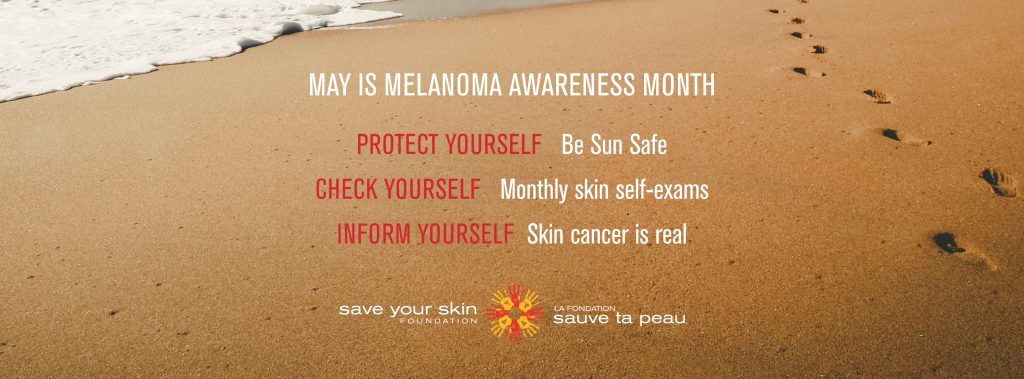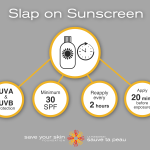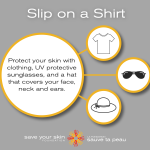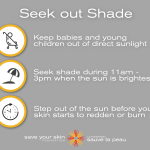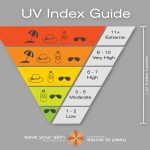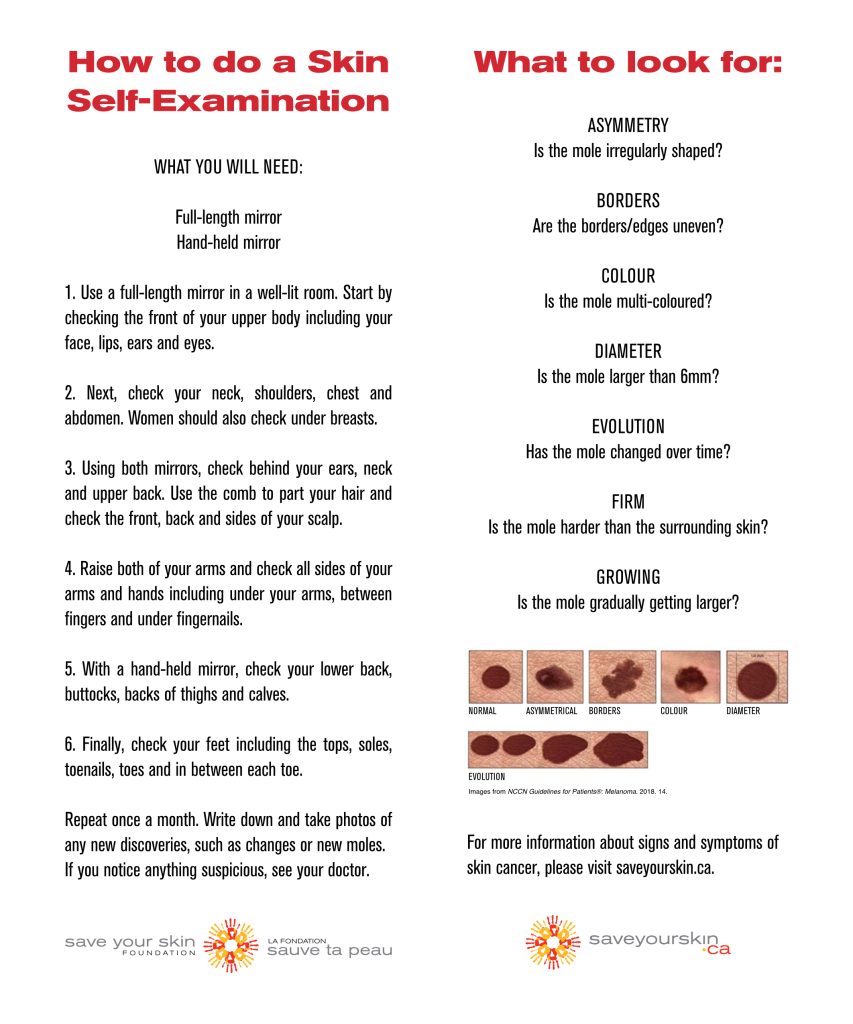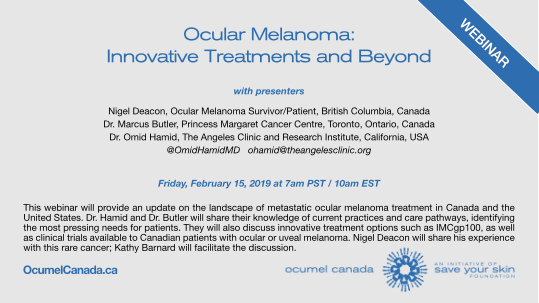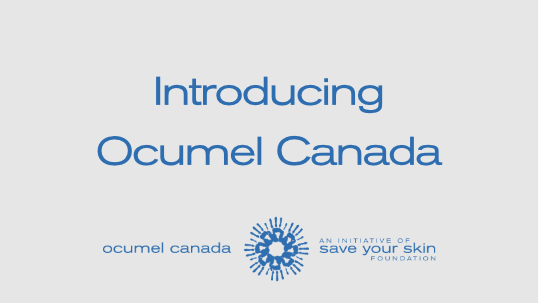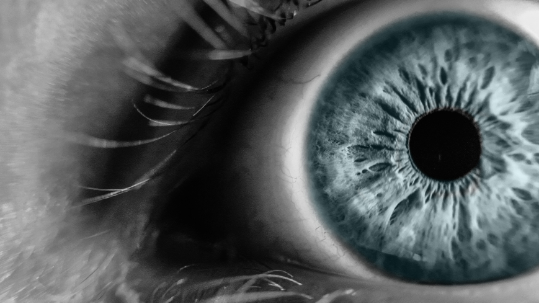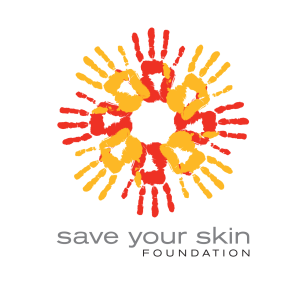Guest blog by our friend: Nigel Deacon, ocular melanoma survivor and patient advocate.
Ocular melanoma
Welcome to the Save Your Skin Foundation website. You are probably here because you or a loved one have been diagnosed with ocular melanoma. It is a big shock to get this news and you are doing well by looking for reliable, sensible, understandable information and guidance.
If you have not yet had treatment, your timing is excellent. Having good information beforehand will be very helpful to you as you discuss the disease, and your options, with your ocular oncologist.
You probably know already that this is a very rare cancer. Fewer than two hundred Canadians per year are diagnosed. It is really important to know as much as possible about how your cancer has presented. How large is the tumour in your eye? Where exactly is it? Both of these pieces of information can make a big difference to your plan. Ask for the reports that your ocular oncologist has, and keep them carefully in a file for future reference. The language is foreign at first but you will quickly learn to be proficient.
Perhaps a good thing to know, as you start the journey, is that half of the people treated for a primary tumour in the eye are then cancer free and that cancer will not spread any further. You will need continuing care of your eye by your ocular oncologist, to preserve as much vision as possible, for health, comfort, or aesthetic reasons, and to be vigilant in case the cancer returns.
(If it turns out that your cancer returns and spreads, please read the section below dedicated to providing information about that.)
As you discuss your disease with your ocular oncologist, please be fully aware that a biopsy of your tumour at the time of treatment holds the secrets to your future. You can find out whether or not your cancer is likely to spread. If you are in the happy 50%, imagine the relief. If you are in the unfortunate 50%, your care plan will be different and early detection gives you much better chances for prolonging your life. Either way you derive benefit.
Some people are frightened of the information. It seems like too much information to have and denial might seem like a better option. Please consider the benefit of having the information. If you don’t want to know, perhaps you could ask your oncologist not to share the information until you are ready, but at least you have it to use it for planning care. The biopsy cannot be performed after the treatment.
It is important to note though that the testing is not 100% accurate as yet and planning for surveillance needs to take that into account too.
For sure, consider joining other patients in a group that is in the same situation as you. There are several different groups to choose from and you should easily be able to find a group that you think is helpful to you. Your participation can vary over time. Meet your own needs for information.
Metastatic ocular melanoma
Oh dear. You are probably reading this because you have been given some very sad news. Well, we have to try and make some sense of it. Has your eye cancer (ocular melanoma) been detected in another part of your body? What do you know so far?
Here are some important questions so you can check if you have the answers:
- Where exactly has the cancer been found?
- Have you had a PET scan to see if cancer is in other places too?
- Have you had an MRI (with gadolinium) of the liver to gather the best information?
- Have you had a biopsy to confirm that it is indeed melanoma?
- How many tumours are there?
- What are the exact dimensions of the tumours?
- Where exactly is each tumour located?
- If it is in the liver (90% of metastases are found here first), what percentage of the liver is affected?
- If it is in the liver, is there evidence of miliary disease (peppering, or spots, all over)?
If you know the answer to some or all of the questions, you are ready to read on. If the cancer is in the liver (most likely) it is important to focus on liver directed treatment first. Is your oncologist offering radioembolization, immunoembolization or chemoembolization? In rare cases, surgery may be an option. It is possible to have systemic treatment (see below) at the same time as liver directed treatment if your body is well enough. Focussing on the liver is most important though as liver disease is life threatening.
If the cancer is outside the liver, is your oncologist offering you immunotherapy? This is considered a systemic treatment. There are several variations of this offered in Canada. You can read about which variation is most effective and why. If you are being offered chemotherapy, be very wary. For more than 30 years, patients have been offered dacarbazine as first line therapy and it is clearly proven to be ineffective for ocular melanoma. Treatment options have increased greatly.
If you are in a part of Canada where it is difficult to get treatment for this rare disease, will your oncologist refer you to a larger centre? You may have to fight for this.
Can your oncologist help you enrol in a clinical trial? There are several promising clinical trials recruiting but it is hard for Canadians to get into them. You can enrol if you try really hard. Timing is very important. Sometimes, the window of opportunity closes quickly. You also need to ask whether this particular treatment can bar you from others down the line.

Nigel at the Boston Finish
Reach out to others who know about the disease or are living with it. We are not alone.
Consider making other changes in your life that help all cancer patients. Sort through your priorities and focus on what is most important. Reflect on your diet and lifestyle and see if you want to make changes there. Diet will not cure cancer but it can certainly help you feel better and stronger. Try to spend as much time in nature as you can. Do what makes you happy. Avoid pursuits that bring unhappiness. Know yourself and what is important to you. Lean on good friends. These are just sensible changes to consider.
More resources and support: Ocumel Canada, an initiative of Save Your Skin Foundation
NOTE – August 22, 2018:
Save Your Skin Foundation is looking to improve and increase support of Canadians experiencing diagnosis of primary and/or metastatic ocular melanoma. To this end, in Feb-2018 we launched a survey to be shared across Canada, hoping to reach as many as possible. The survey is now closed, and we appreciate all of the responses we received, and all of the sharing that our readers did to spread the word about the survey. We have now completed the report and are working on next steps. Please click here to read the survey report: Save Your Skin Foundation Patient Survey: Understanding Ocular Melanoma in Canada
Thank you
The information in this blog is not intended to replace the medical advice of a doctor or healthcare provider. The content in this blog is based on Nigel’s personal experience and extensive research in Canada and abroad. If you have any questions about what you have read here please do not hesitate to ask your doctor, and/or you can contact us and we will help to connect you to further information.


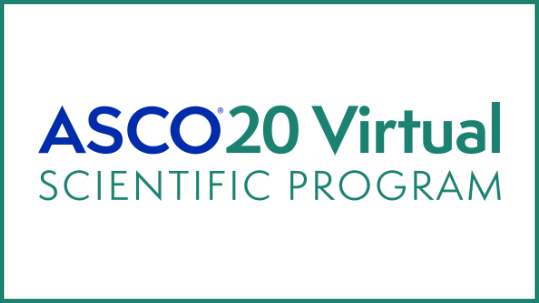
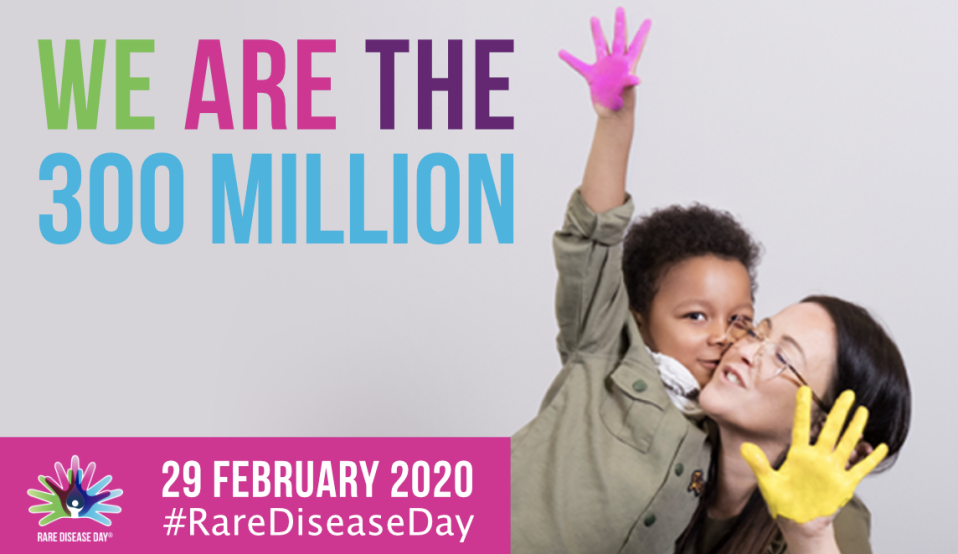
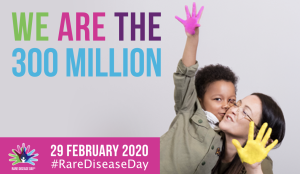
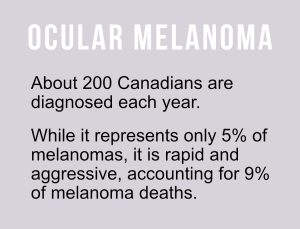
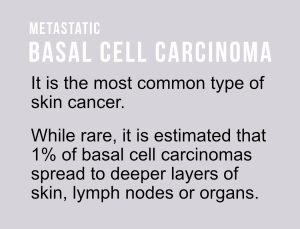 .
. 